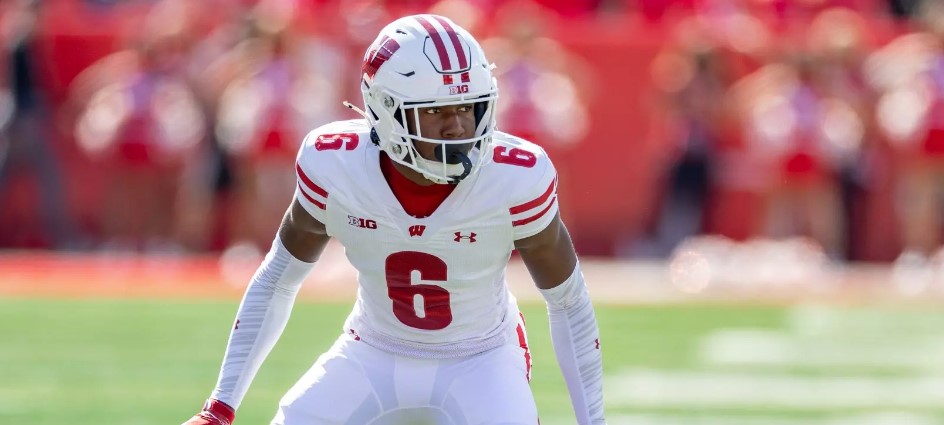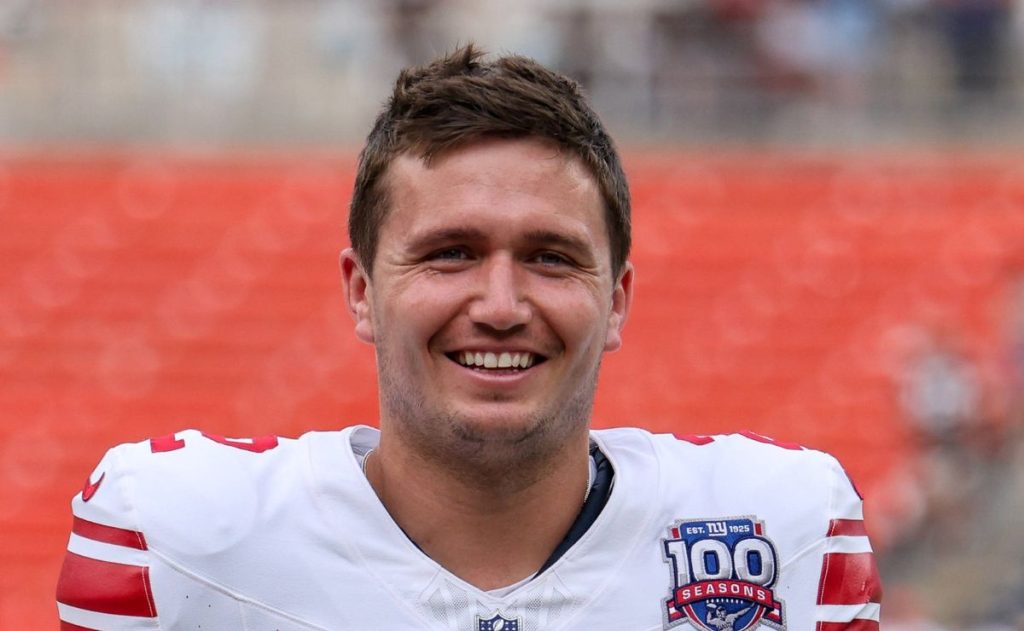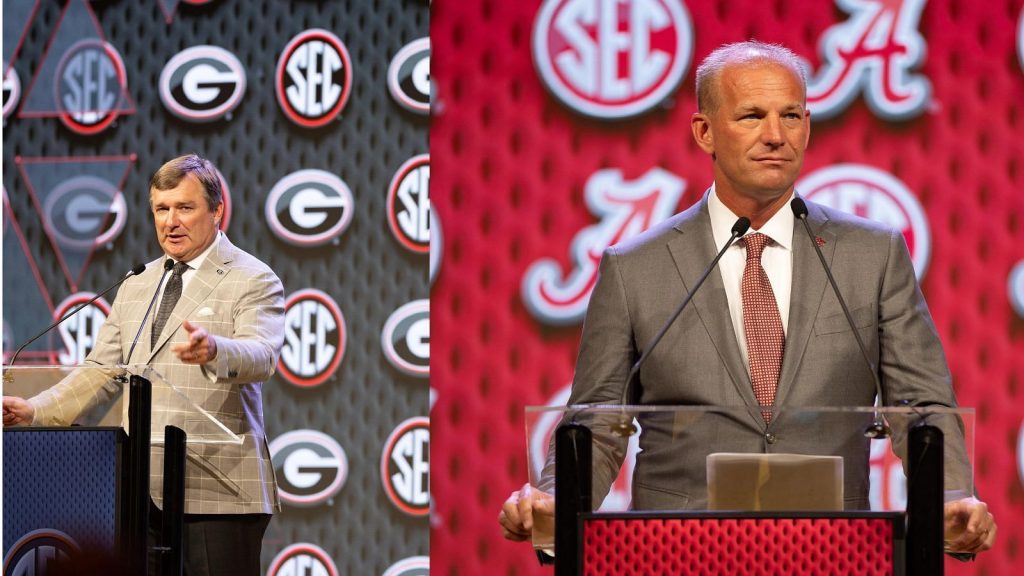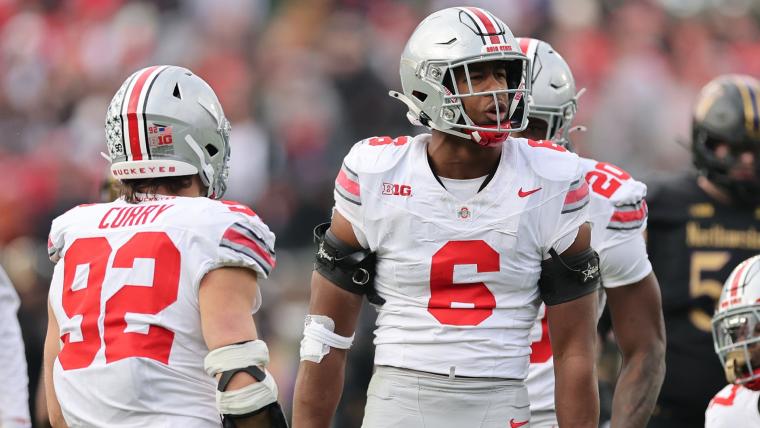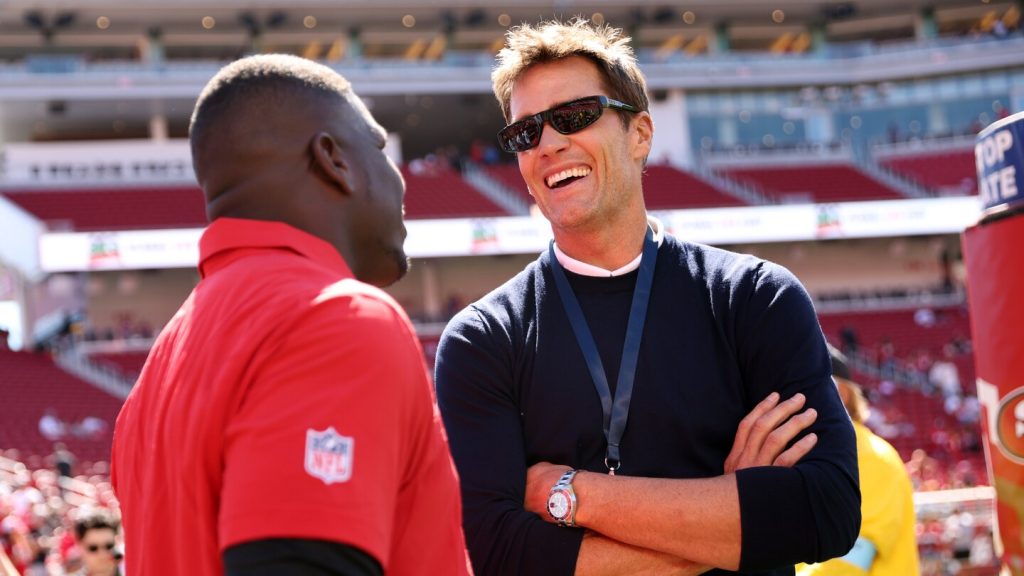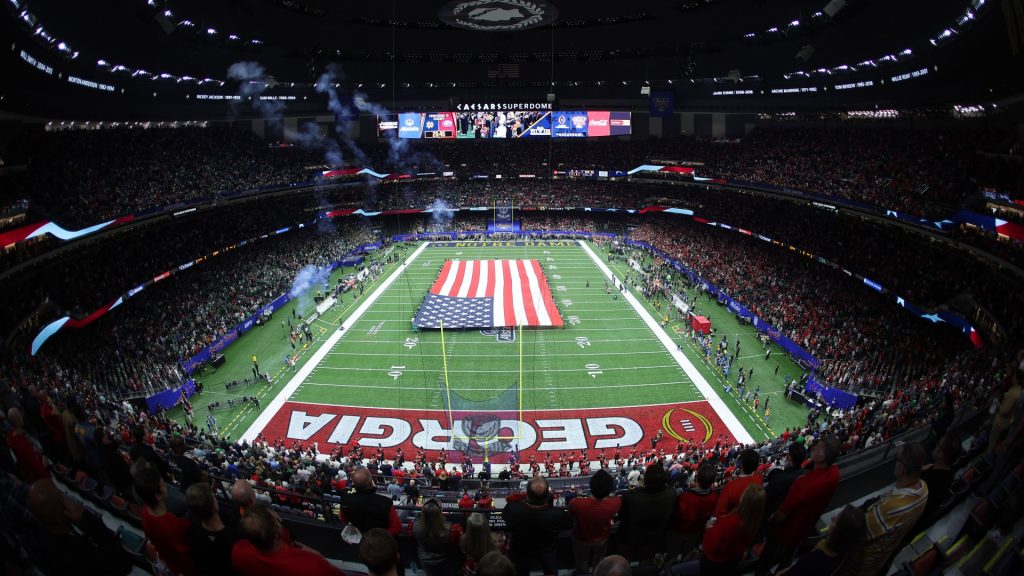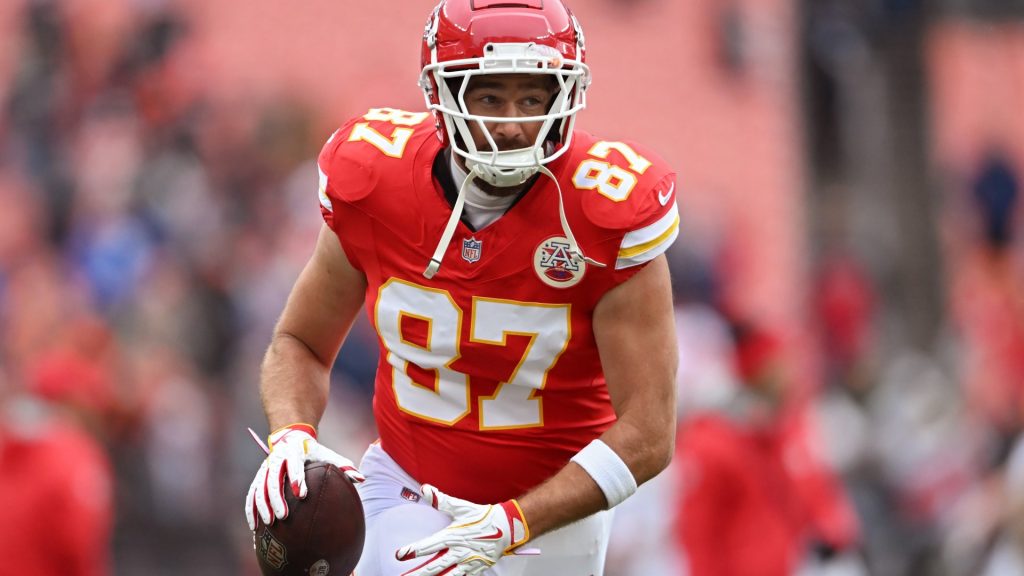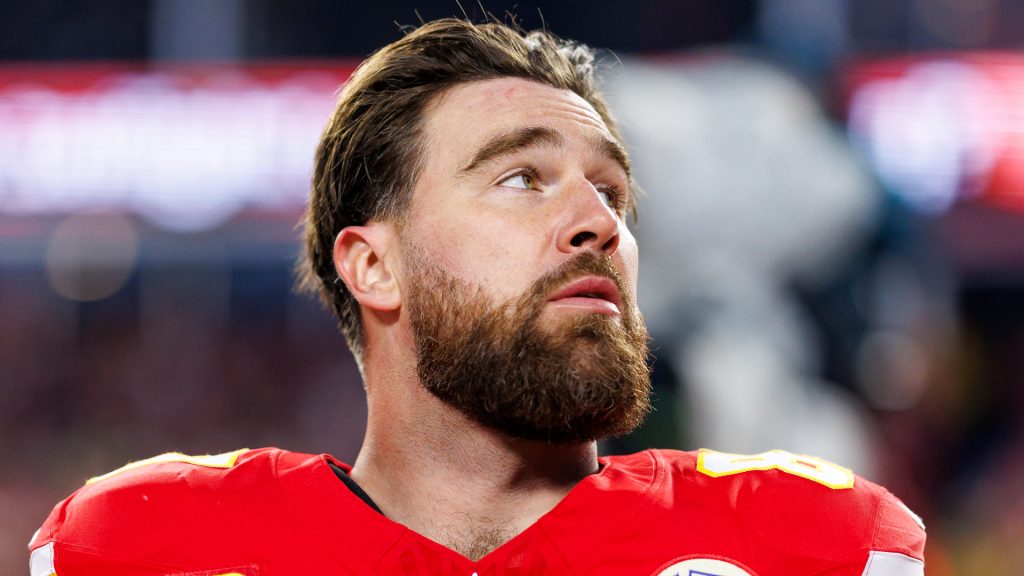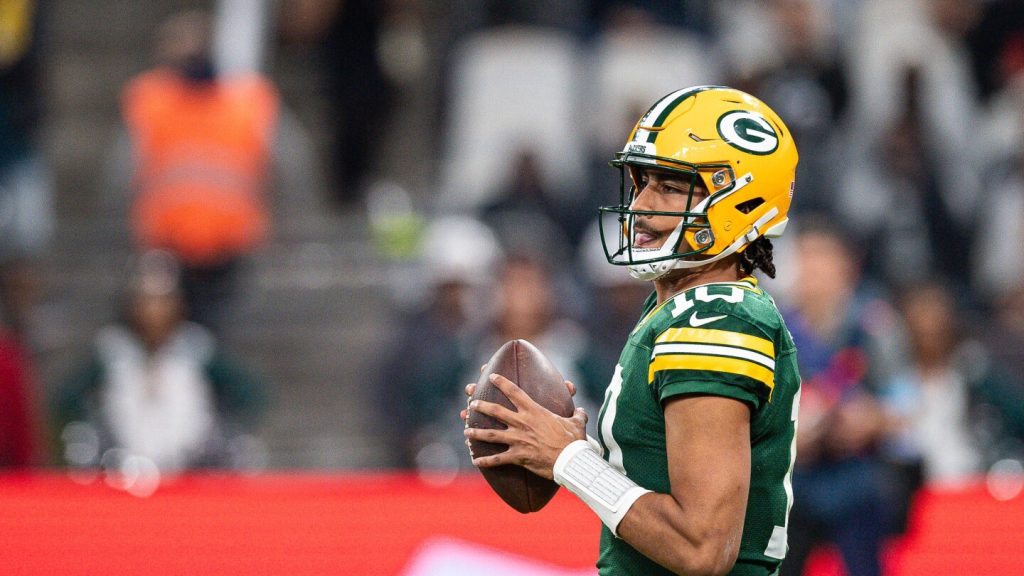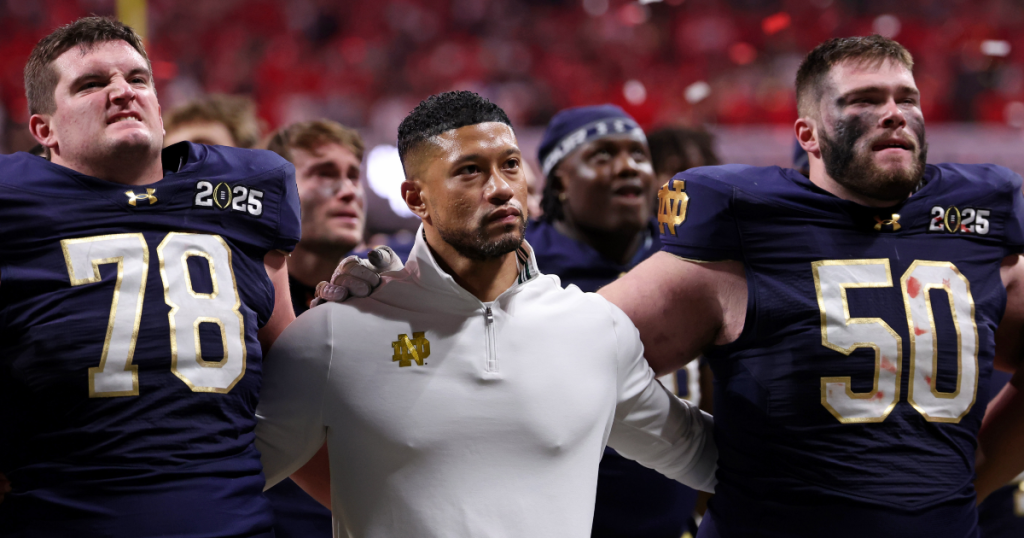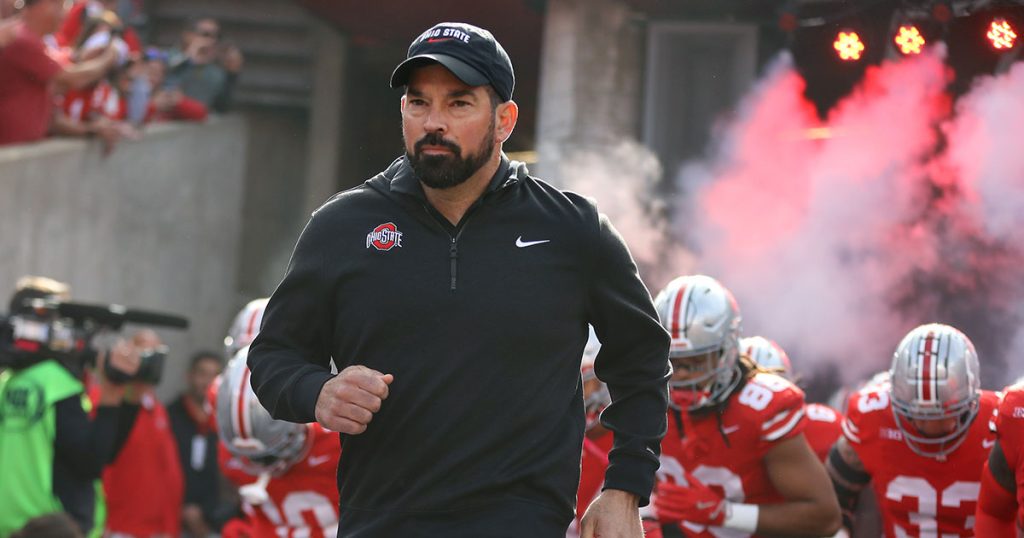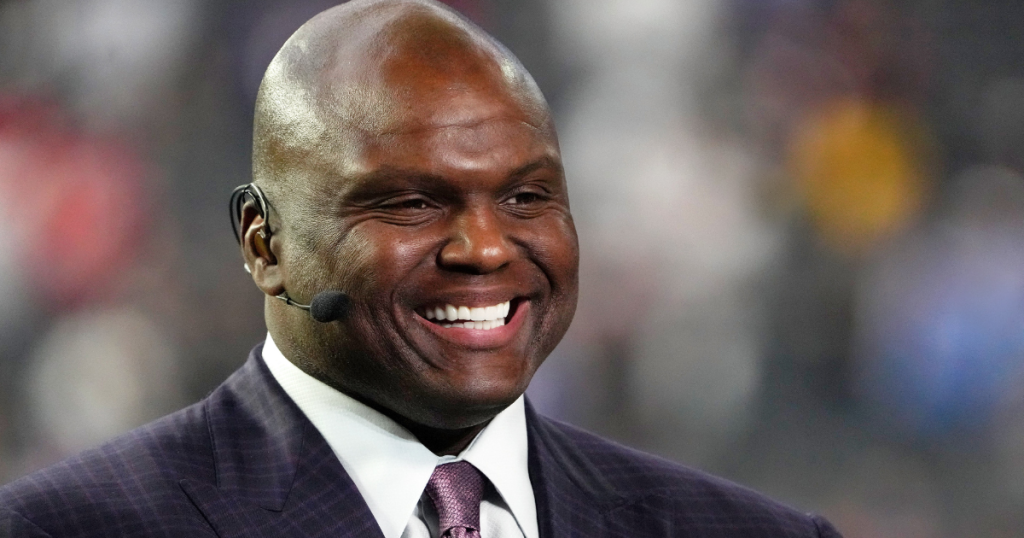Wisconsin has found itself in a heated dispute following Xavier Lucas’ decision to withdraw from the university and enroll at Miami. The Badgers have accused the Hurricanes of tampering, citing “credible information” and have even threatened to pursue legal action over the matter. This situation raises significant questions about the integrity of college football recruiting and the responsibilities of both players and institutions.
Xavier Lucas coming off freshman season at Wisconsin
Xavier Lucas, a talented athlete, played his high school football at Fort Lauderdale (Fla.) American Heritage, where he earned a four-star prospect rating. He was ranked as the No. 331 overall player in the 2024 recruiting cycle, according to the On3 Industry Ranking, which aggregates data from major recruiting media companies. His freshman season at Wisconsin saw him make a solid impact, totaling 18 tackles, including two tackles for loss, a sack, and an interception.
Despite his promising start, Lucas announced his intention to enter the transfer portal in late December. However, he faced an unexpected hurdle: Wisconsin reportedly refused to enter his name into the database, which is a requirement under NCAA rules. Schools have two business days to process a transfer request after receiving notice, but Wisconsin’s inaction left Lucas in a difficult position.
Wisconsin responds to Lucas’ decision
In a detailed statement, Wisconsin expressed its discontent regarding the situation, emphasizing its commitment to upholding contractual agreements with student-athletes. The statement highlighted that Lucas had signed a two-year revenue-sharing agreement with the university, contingent on the approval of the House v. NCAA settlement. Wisconsin argues that this agreement remains enforceable, despite Lucas’ decision to transfer.
“On December 2, 2024, Xavier and Wisconsin Athletics entered into a binding two-year NIL agreement reflecting his strong commitment to continuing with the Wisconsin football program,” the statement read. “We understand that he also executed a separate agreement with the Varsity Collective. His agreement with Wisconsin Athletics included substantial financial compensation for Xavier.”
The university further stated, “Badger student-athletes who have signed these agreements expect Wisconsin Athletics to honor the terms. A request to enter the transfer portal after entering into such an agreement is inconsistent with the representations and mutual understanding of the agreement.” This raises an essential question: How should colleges navigate the evolving landscape of NIL agreements and player transfers?
Big Ten backs Wisconsin, takes shot at Miami in statement
In the wake of Wisconsin’s statement, the Big Ten Conference quickly rallied behind the university. The conference released its own comments, emphasizing the importance of respecting contractual obligations as student-athletes become active participants in revenue sharing. The Big Ten pointed out the troubling implications of Miami’s alleged actions, especially as the Power Four conferences consider reform in the wake of the House v. NCAA settlement.
“The Big Ten Conference stands in full support of the University of Wisconsin regarding the contractual agreement between student-athlete Xavier Lucas and the Wisconsin football program,” the statement read. “These actions undermine the efforts of its own conference as the ACC continues its collaboration with the other A4 conferences in developing a sustainable framework for college sports.” This situation illustrates the critical need for governance reform in college athletics.
Lucas’ legal representative responds
Lucas’ legal representative, Darren Heitner, provided insight into the situation, stating that Lucas had withdrawn from classes at Wisconsin and enrolled at Miami without officially entering the transfer portal. “I still intend to transfer, but at the moment Wisconsin is refusing to release me into the transfer portal,” Lucas expressed. “I’ve met all NCAA requirements of the transfer portal process.”
This statement raises an important point about the responsibilities of universities in the transfer process. Are schools doing enough to facilitate player movement, or are they holding onto athletes for their own benefit? As Lucas navigates this complex situation, the implications for both his future and the broader college football landscape are significant.
The implications of NIL agreements
The emergence of NIL agreements has transformed the college football landscape, offering players new opportunities for financial compensation. However, this also complicates the transfer process. Lucas’ case highlights the tension between athletes’ rights to pursue new opportunities and the obligations they have under existing agreements with their current schools.
As college football continues to evolve, it’s crucial for all parties involved—players, schools, and governing bodies—to find a balance that respects the interests of student-athletes while also maintaining the integrity of the sport. The ongoing discussions surrounding NIL agreements and transfer regulations will undoubtedly shape the future of college football.
In the end, the situation surrounding Xavier Lucas serves as a reminder of the complexities of college sports today. As players seek new opportunities and schools navigate the changing landscape, the dialogue around contracts, transfers, and the role of NIL will only grow more critical. What does the future hold for college football, and how will these developments impact the next generation of athletes? Only time will tell.

